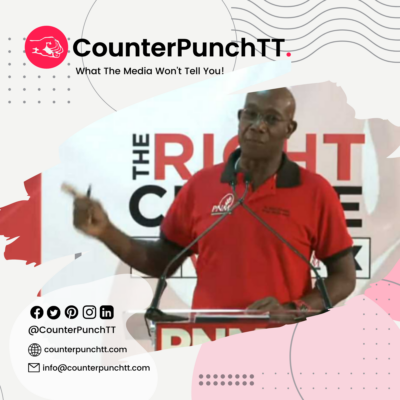THE slow pace of digitalisation in the public service is the main reason for the difficulty in issuing back pay by Christmas.
Public officers have to go through almost 40,000 personnel files of teachers, fire, prisons, and Defence Force officers, along with employees of Port of Spain City Corporation.
Paper files aside, there are staff shortages in the public service, caused by retirements and the Government’s decision two years ago to freeze employment.
Those operational hindrances led to a permanent secretary telling Finance Minister Colm Imbert it is impossible to issue back pay by Christmas, and the earliest it could be done is next May.
A furious Prime Minister Dr. Keith Rowley slammed: “Well, they don’t run the country.”
Rowley fumed: “There is a Government in this country and the Government will do what has to be done.”
He said that “a good Cabinet will not tolerate that.”
His ill-tempered broadside against the permanent secretary is a throwback to a similar attack by predecessor Dr. Eric Williams, also on an October day, this time in 1975.
On October 3 that year, Williams, during an address to the annual convention of the People’s National Movement (PNM), hit out at “a small group of ambitious senior civil servants.”
He claimed that Trinidad and Tobago came close “to a takeover by a technocracy.”
Williams’ verbal assault was directed at top public servants, including Dodderidge Alleyne, who was then head of the public service.
Others were Eugenio Moore, who was in the Ministry of Planning, and Frank Rampersad, who was in Finance.
They were all considered to be bright and competent.
Legal charges were brought against the trio, but they won their cases after several years in the court system.
Political analysts, including Professor Selwyn Ryan, said that Williams’ barrage was one indicator of his worsening paranoia and other health matters.
Ryan said that Williams was “insecure, suggestible, paranoid (and) suspicious.”
One commentator wrote then of Williams’ “ferocity.”
Analysts have said senior public servants have since become withdrawn and timid, afraid of political victimisation.
Still, there have been several examples of political persecution of public officers.
Victims include Marlene Coudray, CEO of San Fernando City Corporation, Charmaine Lewis, acting General Manager of Port Authority, and Leon Grant, Acting CEO of the Inter-Island Transportation Company.
Courts have delivered stinging criticisms of the Government on matters of unfair dismissals, transfers and lack of promotion.
There is a procedural manner for resolving disputes between ministers and permanent secretaries.
Imbert has pledged to pay outstanding salaries, wages and allowances for collective agreements dating back to 2014.
He said the total sum is $1 billion.
The payments are based on the four per cent increase agreed to between the Chief Personnel Officer and representative trade unions.
The Public Services Association, National Union of Government and Federated Workers, and All Trinidad General Workers’ Trade Union are holding out for large increases.
With respect to the payment at Christmas, Rowley said the Government “will do what has to be done.”
There has been no word on the fate of the permanent secretary, but it is expected that the Public Service Commission would get involved in the squabble.




